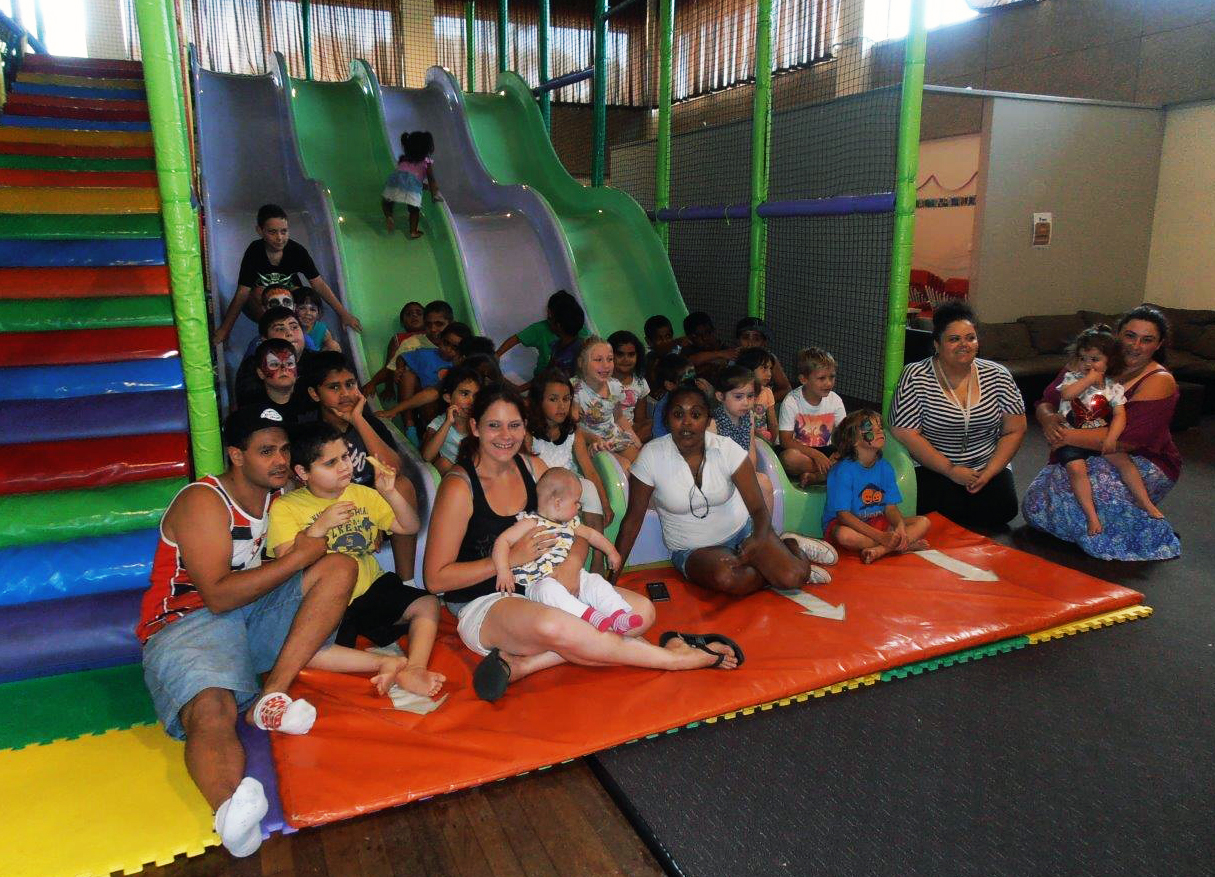Early learning is a family affair for graduates of a Latrobe Valley-based Aboriginal and Torres Strait Islander children’s education program.
And with family the core of the Home Interaction Program for Parents and Youngsters program, Rylie Taylor’s entire family turned out to support his and mum Chloe’s graduation.
As part of the program indigenous children and their parents work together to bridge the gap in school readiness between children from disadvantaged backgrounds and the Australian ‘norm’.
“I’ve just seen my son flourish,” Ms Taylor said of the program.
“Education-wise it’s absolutely brilliant and it’s given Rylie and I the opportunity to spend extra time together.”
Graduating as part of the first class of the home-based program on Monday along with 25 children and 35 parents, Ms Taylor and her son participated in pre-literacy focused activities aimed at developing reading, writing and counting skills to a level appropriate for starting school.
Parents are also provided with a pathway to employment through the initiative, with the opportunity to become team leaders or tutors.
Ms Taylor is now employed by the program through Anglicare.
Program coordinator Susan Simpson said graduating was a huge step for the participants and their parents.
“It’s an acknowledgement of the huge amount of hard work everyone has put in,” Ms Simpson said.
“(The program) helps empower the community by increasing education and knowledge.
“We’re excited that they’ve come so far in the program, the children are now more than ready for school.”
Anglicare regional director Jane Anderson said HIPPY was a brilliant program supporting fun education for children.
“The success of the program has really come down to the dedication of the skilled tutors and parents, along with their connections to the community,” Ms Anderson said.
HIPPY is a two-year program fully funded through the Department of Social Services.
The Latrobe Valley was chosen among 25 trial sites for the program in 2013 due to a high level of indigenous students the Australian Early Development Index data identified as being more than twice as likely to be developmentally vulnerable than non-indigenous children.












